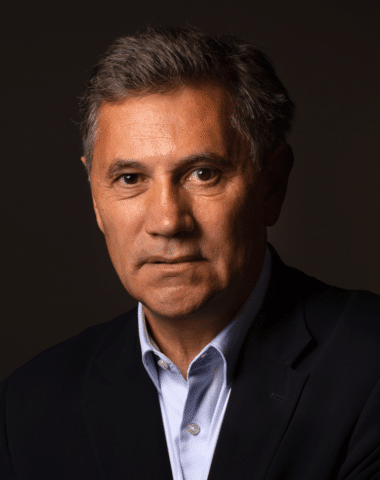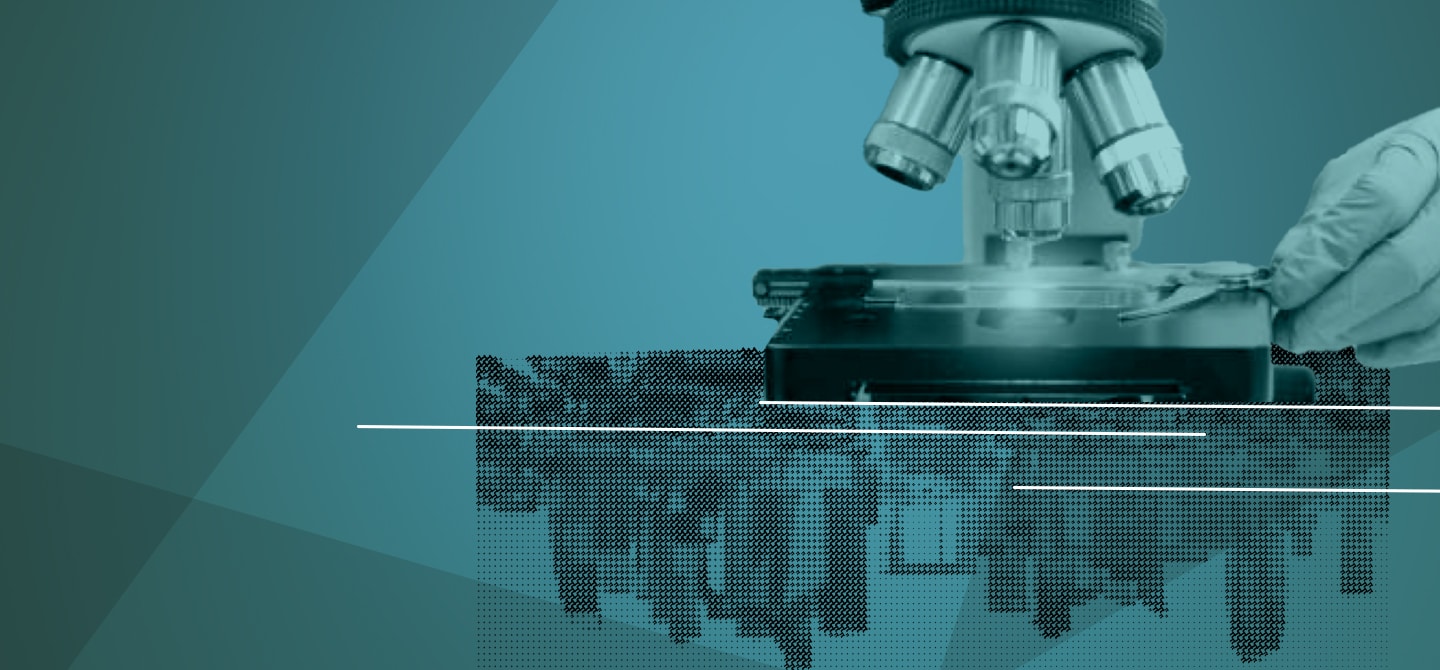France and Singapore: complementary perspectives on mental health innovation
- Mental health is a major concern in Singapore, where one in three young people is thought to suffer from anxiety or depression.
- To address this, the Singaporean government has recently implemented measures based on a tiered care model.
- Key features of the model include its systemic and cross-sectoral measures and its extensive use of digital advances.
- France shares several similarities with Singapore in terms of mental health, both in terms of the problems encountered by citizens and how they are treated.
- However, cultural differences remain between the two countries, particularly with regard to the processing of citizens’ personal data.
“Since 2012, mental health has been one of the primary concerns in Singapore,” says Serenella Tolomeo about the Southeast Asian country, where she is a researcher at the Institute of High-Performance Computing. Involved in public health policy, she paints an alarming picture: “One in three young people in Singapore suffers from anxiety or depression.” To address this issue, the Singaporean government has played a key role in improving the mental health of its citizens.
To find possible solutions to this epidemic of mental health problems, Serenella Tolomeo presented the recent measures adopted by the country’s institutions. In addition to the researcher’s insightful comments, Quitterie Marque (Managing Director of Koa Health in Asia), Antoine Tesnière (Managing Director of Paris Santé Campus) and Étienne Minvielle (Director of the Management Research Centre at École Polytechnique [IP Paris]) invite us to take part in a discussion on our mental health that is as critical as it is informative.
The “tiered care model”: a response to fluctuating mental health
There are various reasons for the psychological difficulties experienced by Singaporeans. For Quitterie Marque, the professional and academic pressure faced by the country’s inhabitants and the high level of stigma surrounding mental health issues are major contributing factors. Not to mention the COVID-19 pandemic, which further exacerbated the crisis: “In 2023, nearly one in two employees reported feeling mentally or physically exhausted at the end of their working day,” explains the director of the Asian and Singaporean company Koa Health. “The pressure to perform well at school is one of the downsides of an education system that is among the highest-ranked internationally. COVID, meanwhile, has led to long restrictions and difficult lockdowns.”
In October 2023, in the wake of COVID, the Singaporean government tackled the problem head-on. The goal: to implement concrete actions to address issues such as anxiety and depression through prevention and care. These systemic and cross-sectoral measures, aimed at solving the mental health crisis, are still being implemented and adjusted in the country. They are based on the “tiered care model” strategy, which is an adaptation of the “stepped care model”, a more widespread tiered care model used in Canada and Australia, as well as in several other countries.

More specifically, in Singapore “people are divided into four groups. For each level, the government proposes different strategies,” says Serenella Tolomeo. Tier 1 is for people in good mental health, helping them to become more aware of their mental state, and Tier 4 is for those who have been undergoing treatment for years and require more assistance.
The method is based on four key principles. First, it offers a wide range of choices and adapts to the patient’s needs and level of distress. The second key principle of the model is to always prioritise the lightest possible intervention based on the person’s needs. Thirdly, the method adapts to what each person is willing to do for their mental health. Finally, the last point concerns the flexibility of the model in different contexts, from school to hospital to work. “We are not going to solve these problems by improving the healthcare system alone,” adds Quitterie Marque.
What tangible actions are being taken to improve mental health in Singapore?
Another key word in the programme is “pragmatism”. It relies on digital and cutting-edge technologies to achieve specific and concrete mental health goals by 2030. Among the actions implemented by the government are resilience courses, which provide students – and teachers – with tools to better manage adversity and identify mental health vulnerabilities.
Another initiative worth mentioning is Mindline.sg, an anonymous digital platform that offers tools and knowledge for self-care, access to communities for support when facing life’s difficulties, and referral to professionals if necessary. Let’s conclude this brief overview with another promising digital programme, Hopes. The programme tracks individuals’ sleep and physical activity via a smartwatch and then stores the data collected in the cloud. This allows it to be transmitted to R&D teams or clinics to provide better monitoring of patients, as well as high-risk populations.
Even more than tangible actions, the perception of mental health issues is changing in Singapore. In this regard, Quitterie Marque has highlighted three guidelines to follow to improve the way mental health issues are treated in the country. These include rebalancing the resources allocated to mental illness prevention in relation to those allocated to clinical care. The second guideline concerns the integration of mental health issues into the traditional healthcare system, so that they are no longer treated as “separate” problems. Finally, the last crucial point is to take advantage of the massive opportunities offered by digital technology to prevent and treat psychological vulnerabilities.
Comparison with the situation in France
This international discussion sought above all to “build bridges between Singapore and France”, in the words of Serenella Tolomeo. The aim was to learn from each other’s experiences to improve the effectiveness of mental health initiatives. Can the two countries, separated by a thirteen-hour flight and policies and cultures that differ in many ways, learn from each other?
For Antoine Tesnière, the situations in France and Singapore share certain common features, which is already a starting point. Indeed, the psychological well-being of the French is also in considerable crisis. In France, one in four people will experience mental health problems in their lifetime, and around 13 million people suffer from anxiety and depression or psychotic disorders. Another commonality is that in France, too, COVID-19 has only exacerbated the situation. “It is estimated that anxiety and depression disorders have doubled between the time of the COVID outbreak and today. At the time, they affected around 10% of the population, whereas today that figure has risen to almost 19%.”
In France, around 13 million people suffer from anxiety and depression or psychotic disorders.
Faced with this epidemic of mental health issues, France’s approach to tackling these problems is similar to that adopted by Singapore in terms of recognising the importance of prevention: “If we look beyond mental health, 80% of our healthcare system’s expenditure is on treatment, and 2–3% on prevention. However, according to figures from studies carried out at European level, every euro invested in prevention could yield up to €14 in return,” explains Antoine Tesnière.
The French strategy also involves investing in cutting-edge digital tools that can detect, diagnose, monitor and treat disorders. To implement further measures to resolve these issues, “data-driven strategies and algorithms – including teleconsultations, telemonitoring, digital therapies and conversational tools – are relevant areas of research,” adds the director of Paris Santé Campus.
However, a cultural divide persists between the two approaches to managing mental health issues. Antoine Tesnière points to the difference in the processing of citizens’ personal data in France and Singapore. While the use of this data could bring individual and social benefits, the question of “trust” in its management arises: “In Europe, during Covid, the issue of data sensitivity is more important than in other countries, particularly in Southeast Asia, where the debate has not been as complex.” Quitterie Marque points out that in Singapore, the problem is not so much one of controlling people, but rather the fact that the country’s general approach anticipates, plans and implements mitigation measures: “There is an equivalent to the GDPR in Singapore. Mindline.sg, for example, places great emphasis on anonymity, which sometimes limits the possibility of analysing data.” Finally, Serenella Tolomeo emphasises that it is a question of maintaining ethical standards in data management, while recognising the need for a collaborative approach to solving the crisis.


















